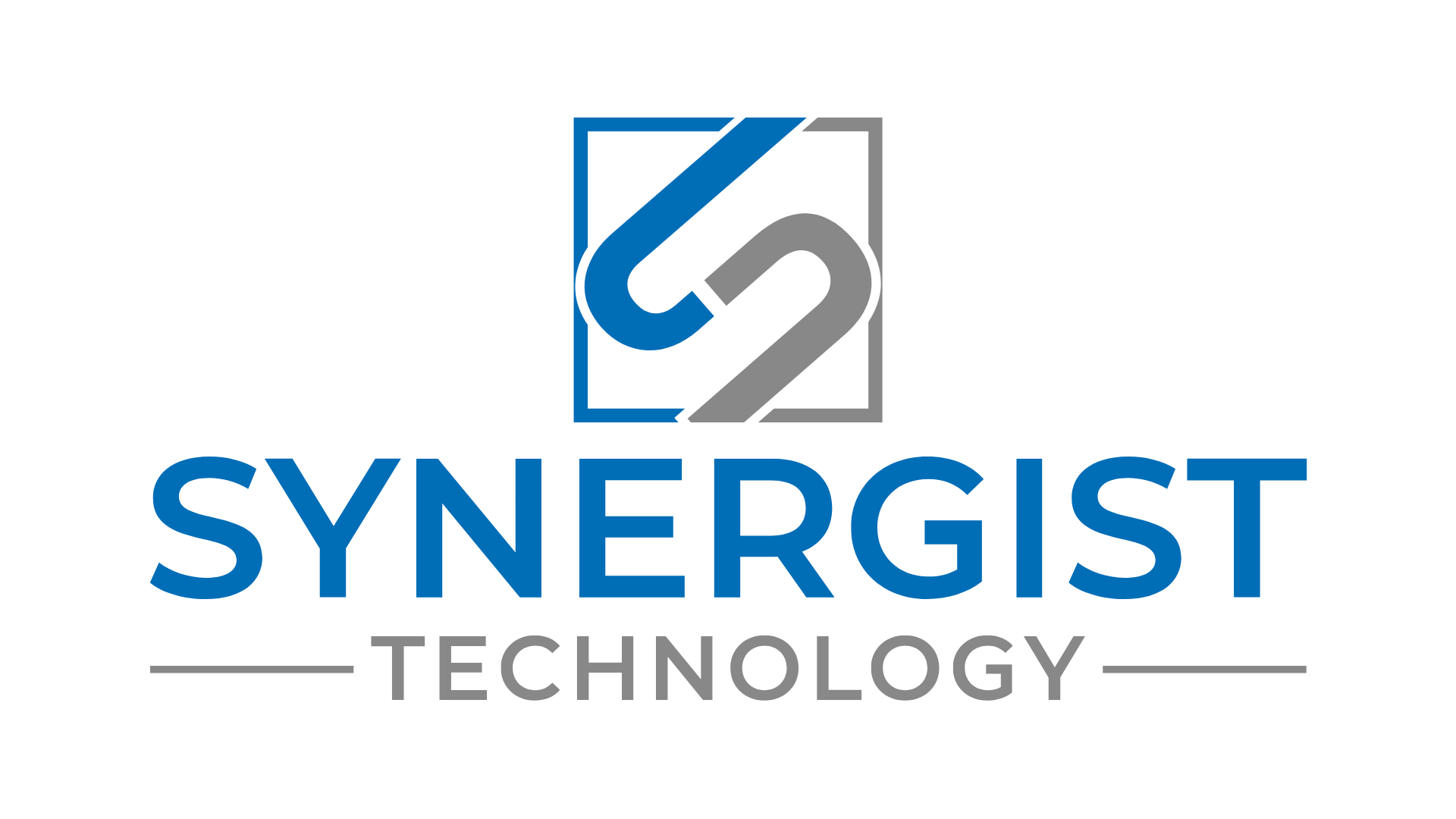Artificial Intelligence (AI) governance ensures that AI technologies are developed, deployed, and used ethically and responsibly. However, several challenges must be addressed to establish effective AI governance frameworks. In this blog, I examine three key challenges: transparency and accountability, bias and fairness, and privacy and security. I also highlight some associated strategies to overcome these challenges.
AI technologies are increasingly integrated into various aspects of our lives, from healthcare to transportation, finance, and beyond. As AI systems become more complex and pervasive, their ethical and responsible use concerns have garnered significant attention. AI governance refers to the principles, policies, and frameworks that guide the development, deployment, and use of AI technologies to ensure they align with societal values, norms, and laws.
A key challenge with AI is transparency and accountability in the decision-making processes of AI systems. The opacity of many AI algorithms and models poses risks regarding bias, discrimination, and lack of accountability. Without transparency, it isn't easy to understand how AI systems make decisions, which can lead to unintended consequences and erode trust in AI technologies.
One strategy that Synergist advocates for promoting transparency in AI algorithms is requiring developers to disclose the logic and decision-making processes behind their systems. In the absence of being able to entice those developers to be transparent, we believe you have to source testing prompts from around the globe to uncover the transparency for yourself.
This leads to algorithmic impact assessments. Conducting impact assessments to evaluate the potential risks and biases associated with AI systems before, during, and after deployment is essential for effective AI governance. Continuously testing for the life of the AI system needs to be operationalized and funded and may require a human in the loop.
A second key challenge is bias and fairness. AI systems can inherit biases present in their training data, leading to discriminatory outcomes in areas such as hiring, lending, and criminal justice. Ensuring fairness in AI decision-making is crucial to prevent reinforcement of existing biases and to promote equity and inclusivity. An associated strategy for overcoming bias and fairness, among other issues, is using diverse and representative data. This is no easy feat and one we at Synergist think you should leave to professionals. Data is an essential ingredient for this recipe to work.
Another essential strategy is implementing tools to detect and mitigate bias in AI systems during development and before, during, and after deployment into your environment. One thing is for certain: change happens, laws transform, security standards improve, the inputs and outputs of AI evolve, and continuous monitoring is required.
Arguably the most critical challenge of our generation is privacy and security. The widespread collection and analysis of personal data in AI applications raises significant privacy and security concerns. Protecting individuals’ data privacy and ensuring the security of AI systems are essential components of effective AI governance. Some believe it is critical for national security; I would venture to say many organizations don’t understand what their employees are inadvertently giving access to by using sanctioned or not well-understood AI systems. Any system that serves the high-side or Special Access or Top Secret communities needs to be controlled and monitored. Although a company-wide strategy should incorporate privacy considerations into designing and developing AI systems, using any open-source AI system should also involve company-wide privacy considerations.
Secondly, implementing data minimization practices to collect only the necessary data for AI purposes will limit potential privacy risks. Some use cases need supervised learning and tools that filter or include generative inputs to check the outputs.
Lastly, challenge your current cybersecurity firm and your existing internal measures to safeguard AI systems from attacks and unauthorized access. Level up the training needed to become more proficient in this area.
It is crucial to address the challenges of AI governance, including transparency and accountability, bias and fairness, and privacy and security. Effective AI governance will maximize the benefits of AI technologies while mitigating potential risks. By adopting strategies such as algorithm transparency, bias detection tools, and privacy by design, stakeholders can work towards establishing ethical and responsible AI governance frameworks that foster trust, fairness, and accountability in AI systems. Efforts to overcome these challenges are vital to ensuring that AI technologies contribute positively to society and adhere to ethical and legal standards.
At Synergist, we believe we are part of the solution to combat bias and influence fairness while creating transparency and accountability in an ever-changing AI governance environment.
Written by Elycia Morris, CEO of Synergist Technology.


